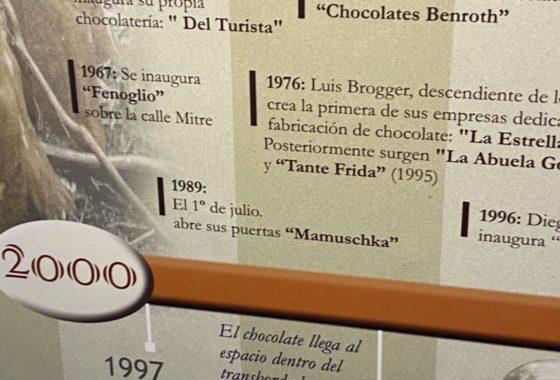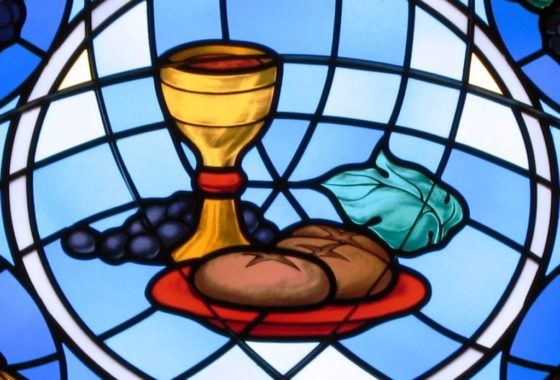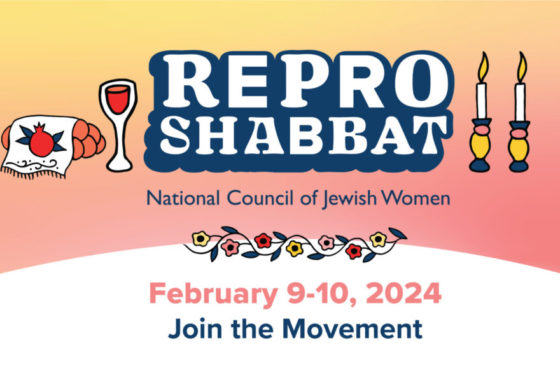
Why Is Challah On My Matzah Box?
It happened every Passover during my decades as a congregational rabbi. A curious small-print-reading synagogue member would ask why a recently purchased, certified for Passover, matzah box said: “CHALLAH IS TAKEN.”
Odd. Everyone knows (and many complain) that leavened foods such as Shabbat challah are prohibited during the festival. Exacting requirements to prevent fermentation–from the growing of the grain, to the time allowed for baking, to the exposure to possible contaminants, to the specialized tools–occupy and pre-occupy Jews around the world. Even a name for the weeklong observance of Passover highlights matzah, the Festival of Matzah, Chag HaMatzot (Exodus 34:18). So why is yeasty challah mentioned right there in caps, as if compounding the absence of our yeasty treats?
When the ancient Jewish Temple was destroyed in 70 CE, the early rabbis sought to memorialize the priestly rituals through the requirement of hafrashat challah or separating a bit of bread dough. Based on biblical admonitions, a blessing for separating a bit of dough from a bread batch, whether leavened or not, recalls the sustenance for the priests and expresses mourning for the ancient Temple. Since the tidbit cannot be given to priests today, it is tossed into the oven for burning. And, this also applies to matzah dough, depending on the grain and quantity in the batch. Thus, CHALLAH OFFERING HAS BEEN TAKEN. The word challah only comes to be associated with the bread for Shabbat as so many of us know it today in the 15th century.
In a broader sense, the phrase “CHALLAH IS TAKEN” on a box of matzah recalls that not everything belongs to us. We are called upon by our history to provide for others. While many adhere to this centuries old observance, others may prefer to avoid a connection to thee ancient priestly cult or the exacting details of the ritual or the gender specific obligation that falls to women to observe the mitzvah of “TAKING CHALLAH.”
Therefore, consider some possible modifications of “hafrashat challah:”
*Give a freshly baked loaf or rolls to homeless people if you live in an urban area or if your food pantry accepts home baked goods.
*Donate a gift of tzedakah to organizations that support the hungry and homeless such as Mazon: A Jewish Response to Hunger and or refugees such as the Hebrew Immigrant Aid Society.
*Break off pieces of the dough for children to design their own mini-challot.
Whether you create your own version of “TAKING CHALLAH” or you observe the tradition as is, you are sharing from your bounty and elevating bread making toward the sacred.
More challah tidbits:
- Biblical statements about “TAKING CHALLAH” from your dough as a gift to God appear in Numbers 15:17-21 and Numbers 18:11.
- The code of the Mishnah (Shabbat 2:6) makes the mitzvah of “taking challah” incumbent on women.
- Batches of bread dough of at least 12 ¾ or 16 ½ cups of flour, depending on custom, require “TAKING CHALLAH” with a blessing. If you are baking between that and 8 ⅔ cups you “TAKE CHALLAH” without a blessing. Less, no need to “TAKE CHALLAH” at all.
- The first record of the word challah applied to leavened Sabbath bread comes from 1488 in Leket Yosher by Joseph ben Moses of Austria relating the customs of his teacher Israel Isserlein.
- Use of the word challah to refer to braided bread for Shabbat may be a pun on the German Holle bread, a 17th c. braided loaf.
- Rabbis of small towns in Lithuania sold yeast to supplement their incomes.
An earlier version of this story appeared at The Jewish Week…
Recent Posts
-
On the Chocolate Trail in Bariloche, Argentina
In March, Mark and I finally extended our chocolate trail explorations in celebration of our special anniversary to Bariloche…via Miami, Buenos Aires, Ushuaia, Antarctica, and Buenos Aires again. There were international flights, a cruise, a couple of domestic flights to get there. All of the travel was amazing, but Bariloche, sometimes called the chocolate capital
Read more › -
Sunday Yeast Polemics: On the Bread Trail
Leavened bread or not? While some of us may think of Passover, the question applied to Eucharistic bread and created significant division in the early Christian Church. The leavened bread for Sunday use was often baked at home by women. Over time, preferences shifted to clergy, church-produced, breads… and, the Eastern Orthodox Church preferred a
Read more › -
Sweet Treat: Chocolate and the Making of American Jews
You may wonder: how did chocolate help define American Jews? Through chocolate, we see that Jews were part of America since its earliest days. Well, since 1701 at least, Jews in the Colonies made part of their living through chocolate. Several Sephardim, leaders of their New York and Newport Jewish and secular communities, participated in
Read more › -
How About Some Uterus Challah?
When Logan Zinman Gerber felt enraged about the loss of reproductive rights in the U.S., she baked challah. Not any challah. She shaped it into a uterus. It wasn’t long after the birth of her daughter that Gerber, a longtime challah baker and staff member of the Religious Action Center of the Reform movement, considered
Read more ›
Some Previous Posts
(in alphabetical order)
- "Boston Chocolate Party" Q&As with Deborah Kalb
- 2022 Media for The "Boston Chocolate Party"
- A Manhattan synagogue explores the rich, surprising history of Jews and chocolate
- About Rabbi Deborah Prinz
- Baking Prayers into High Holiday Breads
- Boston Chocolate Party
- Digging into Biblical Breads
- Exhibit Opens! Sweet Treat! Chocolate & the Making of American Jews
- For the Easiest Hanukah Doughnuts Ever
- Forthcoming! On the Bread Trail
- Funny Faced Purim Pastries
- Good Riddance Chameitz or, The Polemics of Passover's Leaven
- How About Some Uterus Challah?
- Injera*
- Jewish Heritage Month: Baseball & Chocolate!
- Matzah - But, the Dough Did Rise!
- Plan a Choco-Hanukkah Party: 250th Anniversary Tea Party
- Prayers Into Breads
- To Shape Dough: A Trio of Techniques
Archives
2025
▾- All
2024
▾- January
- February
- March
- May
- July
- All
2023
▾- March
- April
- May
- June
- August
- November
- December
- All
2022
▾- February
- April
- November
- December
- All
2021
▾- March
- April
- October
- November
- All
2020
▾- April
- May
- June
- October
- December
- All
2019
▾- January
- February
- April
- May
- July
- August
- September
- October
- December
- All
2018
▾- February
- March
- April
- May
- July
- September
- October
- November
- December
- All
2017
▾- January
- February
- March
- July
- September
- October
- November
- December
- All
2016
▾- January
- February
- March
- May
- July
- August
- October
- November
- All
2015
▾- January
- February
- March
- May
- June
- July
- September
- November
- All
2014
▾- February
- April
- May
- June
- August
- September
- November
- All
2013
▾- March
- April
- May
- June
- July
- September
- November
- All
2012
▾- January
- February
- March
- April
- September
- October
- November
- December
- All
2011
▾- April
- July
- August
- October
- November
- All
2010
▾- January
- February
- April
- July
- August
- September
- October
- All
2009
▾- January
- June
- July
- August
- October
- All
2008
▾- August
- September
- October
- November
- All
2007
▾- January
- June
- July
- All
2006
▾- November
- December
- All



